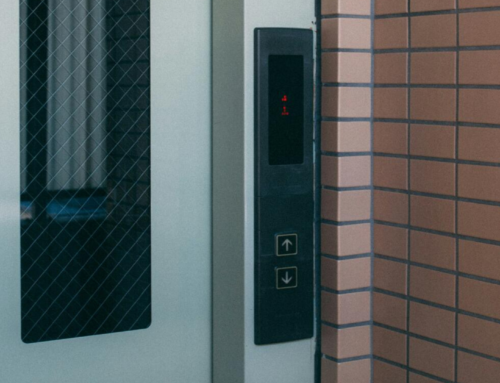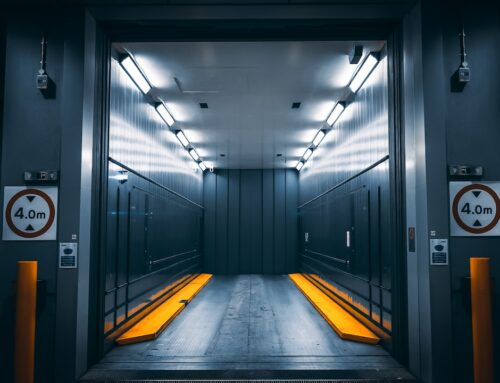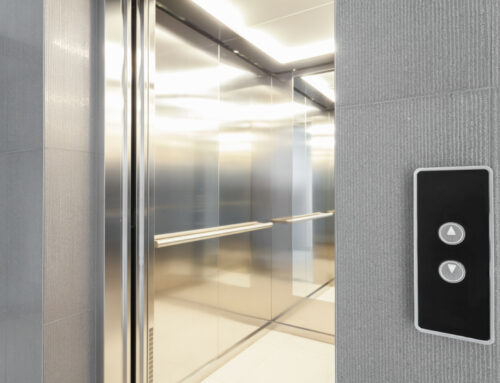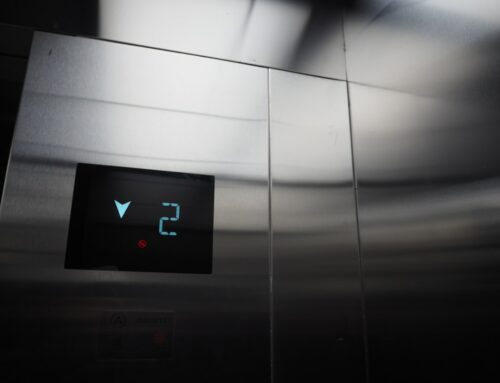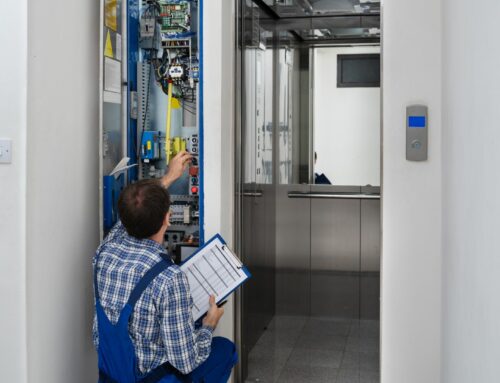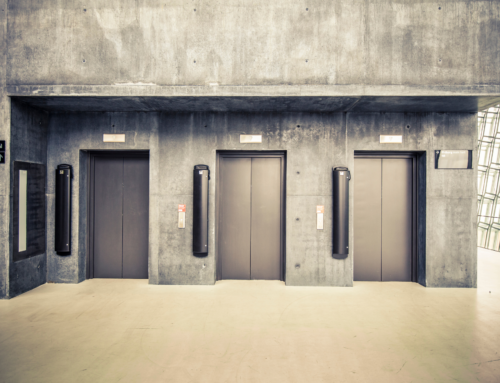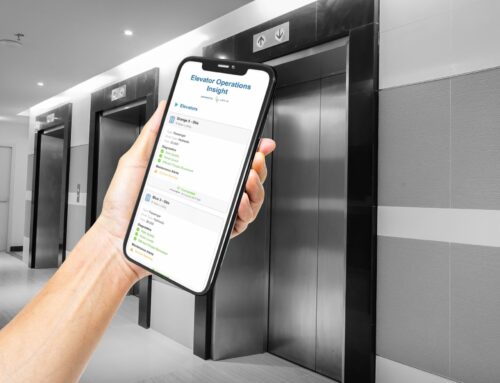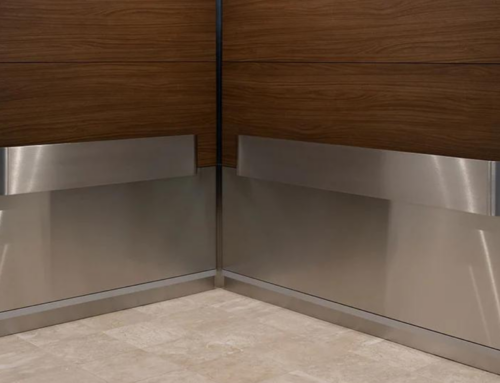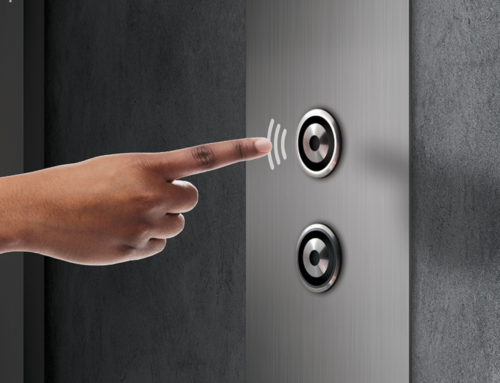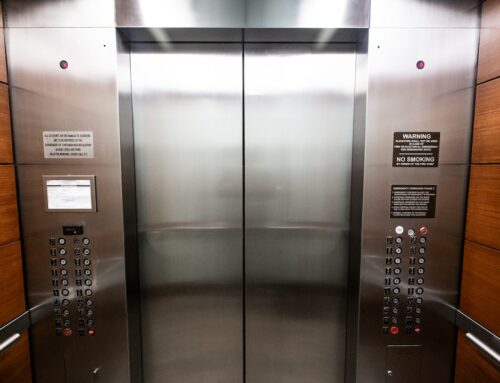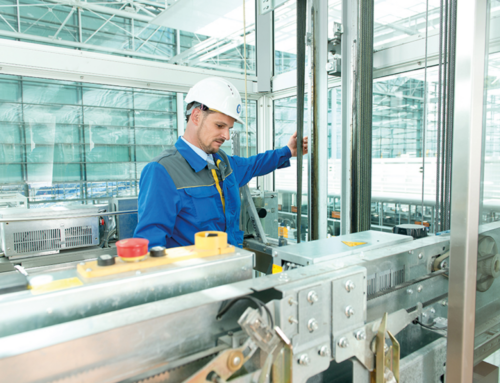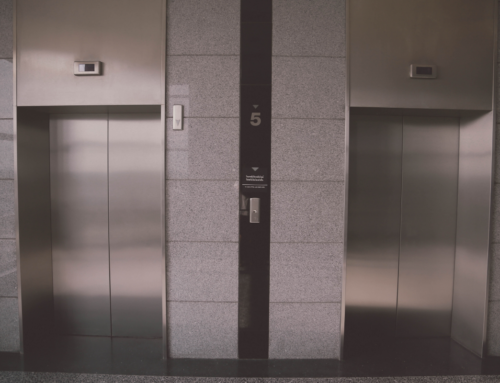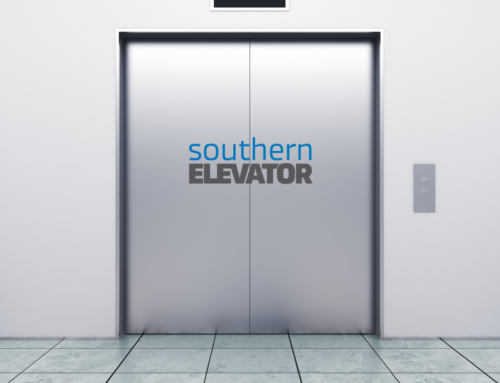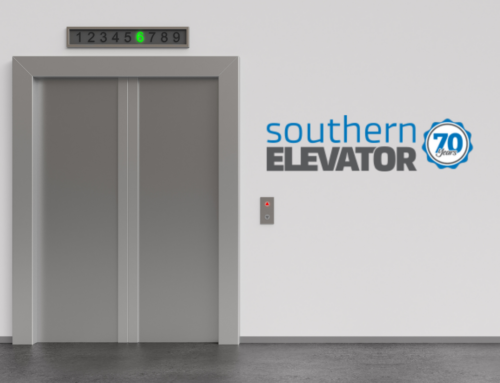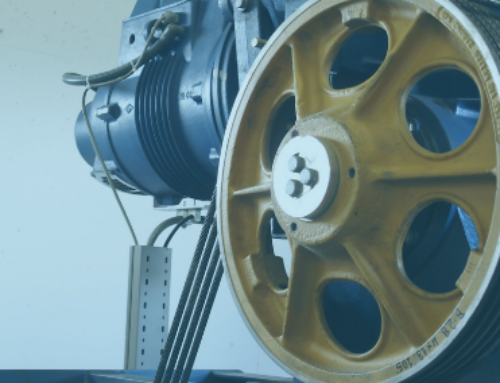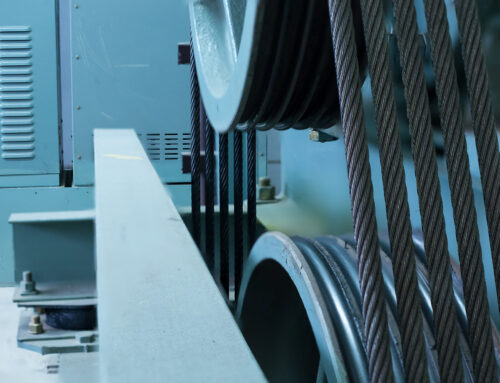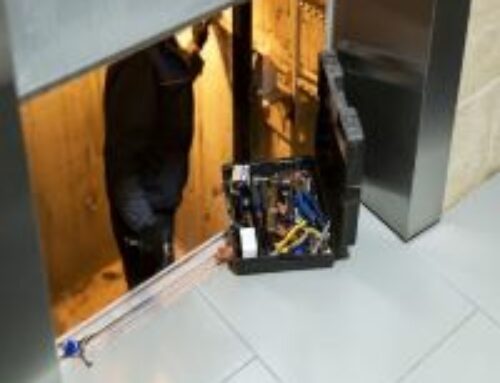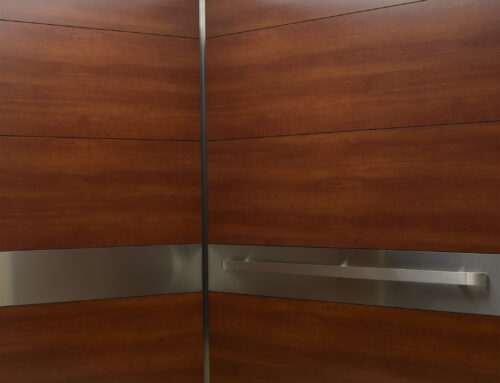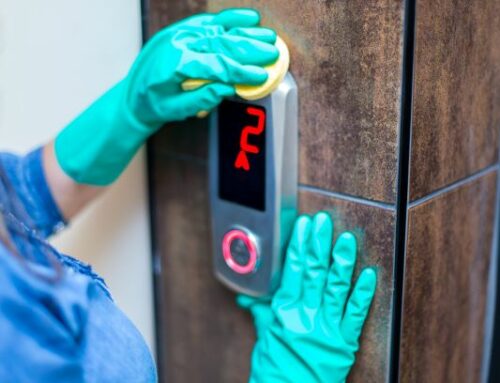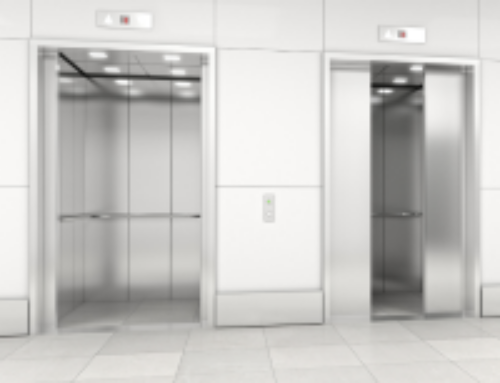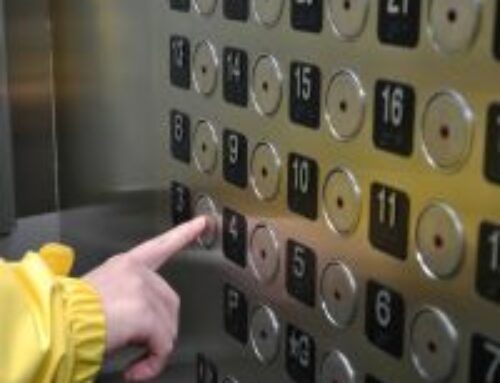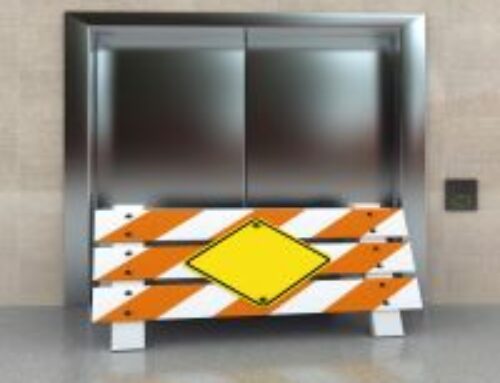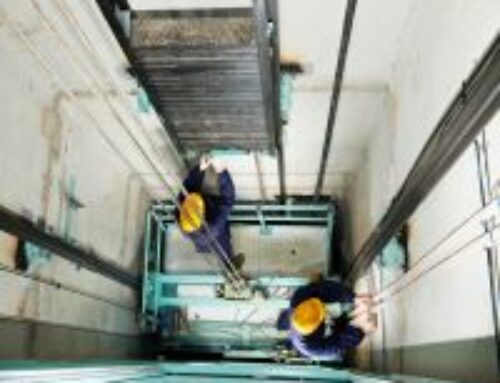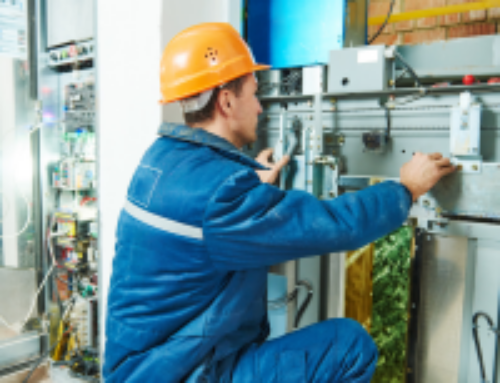Are you looking to elevate your industrial business to new heights of efficiency and productivity?
Selecting the perfect industrial elevator is a pivotal decision that can revolutionize your workflow, enhance safety, and boost overall productivity. In this comprehensive guide, we’ll explore the crucial factors you need to consider when choosing an industrial elevator for your business.
By the end of this article, you’ll have the knowledge to make an informed choice, one that aligns perfectly with your unique industrial needs and ambitions.
Types of Elevators for Industrial Applications
Before delving into the specifics of selecting an industrial elevator for your business, it’s crucial to understand the different types of elevators available. The choice you make should align with the unique needs and requirements of your industrial operation.
Freight Elevators
Freight elevators are designed for the vertical transportation of heavy and bulky materials within industrial settings.
These elevators are characterized by their robust construction and large load-bearing capacity. They come in various sizes and configurations to suit different industrial applications, from warehouses to manufacturing plants.
Material Lifts
Material lifts, also known as vertical reciprocating conveyors (VRCs), are a cost-effective solution for moving materials between levels.
They are ideal for businesses that require frequent vertical transport of goods, such as auto repair shops, warehouses, and storage facilities.
Hydraulic Elevators
Hydraulic elevators use hydraulic systems to move the elevator cab. They are known for their smooth and quiet operation, making them suitable for industrial settings where noise control is a concern.
These elevators are typically more energy-efficient than their traction counterparts and require less maintenance.
Traction Elevators
Traction elevators are commonly found in high-rise buildings, but they can also serve industrial purposes, especially when you need to transport personnel and materials to elevated locations.
These elevators use cables and counterweights for movement, ensuring precise and reliable operation.
Dumbwaiters
Dumbwaiters are small freight elevators designed for transporting materials or small goods between floors. They are a valuable addition to businesses with multi-level facilities, such as restaurants, hotels, and healthcare facilities.
Evaluating Your Industrial Elevator Needs
Once you’ve identified the types of elevators suitable for your industrial application, it’s essential to evaluate your specific business needs.
Consider the following factors to determine the elevator that aligns with your operational requirements.
Load Capacity
One of the primary considerations when choosing an industrial elevator is its load capacity.
Assess the heaviest items or materials you need to transport, and ensure the elevator you select can handle the weight without compromising safety or performance.
Space and Dimensions
The physical space available for elevator installation is crucial. Measure the dimensions of the elevator shaft, the space for the machinery, and the clearance required for safe operation.
Ensure that the selected elevator fits comfortably within your facility’s layout.
Vertical Transportation Requirements
Consider how frequently you need to transport goods or personnel between levels. Different elevators have varying speed and capacity capabilities.
If you have high-frequency transport needs, opt for an elevator that can handle the demand efficiently.
Safety and Compliance
Safety is paramount in an industrial setting. Ensure that the elevator you choose complies with all relevant safety standards and regulations. Regular maintenance and inspections should also be part of your safety plan.
Environmental Impact
Consider the environmental impact of the elevator system. Energy-efficient models and eco-friendly features can help reduce your facility’s carbon footprint and operating costs.
Elevator Installation
After narrowing down your elevator choices based on your business needs, it’s time to explore the installation process. Having someone who knows how to install an elevator is crucial for the long-term performance and safety of your industrial elevator.
Professional Installation
Elevator installation is not a DIY project. It requires the expertise of professionals who understand the intricacies of elevator systems.
Ensure that the installation is carried out by a certified and experienced team to avoid complications and ensure compliance with safety standards.
Site Preparation
Before installation can begin, you need to prepare the site. This involves creating a sturdy elevator shaft, providing the necessary power supply, and ensuring proper ventilation and lighting.
The elevator’s location should be carefully selected to optimize accessibility and efficiency.
Customization
Depending on your specific needs, your elevator may require customization. Professionals will tailor the elevator’s size, capacity, and features to meet your business’s unique requirements.
Safety Features
During installation, it’s essential to prioritize safety features. This includes the installation of safety sensors, emergency stop mechanisms, and fire protection systems.
A properly installed elevator should have all these features in place to protect your employees and assets.
Inspection and Testing
After installation, your elevator should undergo thorough testing and inspection to ensure it meets safety and performance standards.
Regular maintenance and inspections will also be required to keep the elevator in optimal condition.
Elevator Ideas to Enhance Your Business
Beyond the basic functionality of an industrial elevator, there are various creative elevator ideas that can enhance your business operations and add value to your facility. Let’s take a look at those ideas.
Automated Inventory Handling
Integrate your elevator system with inventory management software to streamline the movement of goods. Automated inventory handling can improve accuracy, reduce labor costs, and enhance overall efficiency.
Aesthetic Design
Consider the aesthetic appeal of your elevator. A well-designed elevator can contribute to the overall look and feel of your facility, creating a positive impression on visitors, clients, and employees.
IoT Connectivity
Leverage the Internet of Things (IoT) to monitor and control your elevator system remotely. This allows for real-time performance tracking, predictive maintenance, and the ability to respond to issues quickly.
Energy Efficiency
Opt for energy-efficient elevator models that can reduce operating costs and lower your facility’s carbon footprint. This is not only environmentally responsible but can also save you money in the long run.
Accessibility Features
Consider incorporating accessibility features to ensure that your facility is accommodating to all individuals, including those with disabilities. This can enhance the inclusivity and reputation of your business.
Find the Right Industrial Elevator Today
Choosing the right industrial elevator for your business is a decision that should not be taken lightly.
With a rich heritage spanning seven decades, Southern Elevator is more than just an elevator company; we’re a testament to enduring excellence. Our legacy of 70 years speaks volumes about our dedication to elevating businesses.


